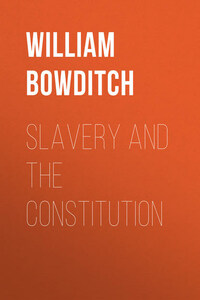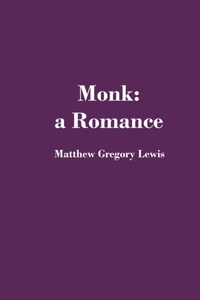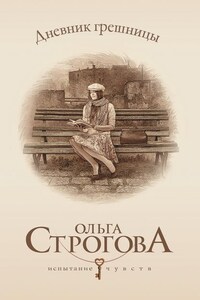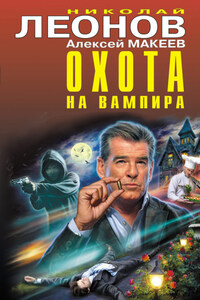CHAPTER I.
"SLAVERY AGREEABLE TO GOD'S PROVIDENCE"!
"Thus did Jehovah stereotype his approbation of domestic slavery"! —Rev. President Shannon, of Bacon College, Ky.
"Here we see God dealing in slaves; giving them to his own favorite child [Abraham], a man of superlative worth, and as a reward for his eminent goodness." —Rev. Theodore Clapp, of New Orleans.
Nearly three millions of men, women, and children are held in slavery in the Southern States, not by the ignorant and brutal alone, but by enlightened Christian bishops, ministers, and church members of all denominations; whilst men and women of cultivated minds, refined manners, and delicate tastes, indignantly deny that slaveholding is wrong.
The Right Rev. George W. Freeman, Bishop of the Protestant Episcopal Church in Arkansas and Texas, whilst a minister at Raleigh, N.C. Nov. 27, 1836, preached two discourses on the character of slavery and the duties of masters. In these ("A Reproof of the American Church, by the Bishop of Oxford; with an Introduction, by an American Churchman;" New York, 1846, p. 6) he declared "that no man, nor set of men in our day, unless they can produce a new revelation from Heaven, are entitled to pronounce slavery wrong;" and that "slavery, as it exists at the presentday, is agreeable to the order of Divine Providence." The Right Rev. Levi S. Ives, Bishop of the diocese, was present; and, though a northern man, has in writing published that he listened to them "with most unfeigned pleasure"! (Ib. p. 7.) They were afterwards published with the bishop's note of approbation, under the title, "The Rights and Duties of Slaveholders." They were also printed in South Carolina, and distributed gratuitously as a tract by the Society for the Advancement of Christianity, – a society composed of clergymen and laymen, with Bishop Bowen at their head. (Ib. pp. 7, 8.) Rev. Theodore Clapp,[A] the Unitarian minister of New Orleans, says ("Slavery, a Sermon delivered in the First Congregational Church in New Orleans, April 15, 1838," p. 11), "The same God who gave Abraham sunshine, air, rain, earth, flocks, herds, silver, and gold, blessed him with a donative of slaves." Ib. p. 33: "To succeed, then, in putting down every thing like servitude, you must annihilate the word of God." Bishop Hedding, of the Methodist Episcopal Church, says ("The Church as it is," p. 50), "The right to hold a slave is founded on this rule, 'Therefore, all things whatsoever ye would that men should do to you, do ye even so unto them.'" The funds of churches and theological institutions are not unfrequently invested in slaves. Sometimes these slaves are hired out at auction, and from their earnings the salaries of the clergymen and professors are paid! At other times, they are sold in order to change the investment! Thus, in the "Charleston Courier," Feb. 12, 1835, there is advertised for sale, by Thomas N. Gadsden, "a prime gang of ten negroes, accustomed to the culture of cotton and provisions belonging to the Independent Church in Christ Church parish"! ("The Church as it is," p. 72.) No incredible story, therefore, was told by the fugitive slave, who gave as his reason for not receiving the Lord's Supper, "I could not bear to go forward, and receive the communion from vessels which were the purchase of my brother's blood." In the memorial of the Presbytery of Georgia to the Presbyteries of the Southern States in 1844, on the religious instruction of the negroes, it is stated that slaves are "connected with our churches; nay, more, they are owned by our church members and by our ministers." – "What is it," asks the Rev. Dr. Albert Barnes (Sermon in Philadelphia in 1846, "The Church as it is," p. 81), "that lends the most efficient sanction to slavery in the United States? What is it that does most to keep the public conscience at ease on the subject? What is it that renders abortive all measures to remove the evil?.. It is the fact that the system is countenanced by good men; that bishops and priests and deacons, that ministers and elders, that Sunday-school teachers and exhorters, that pious matrons and heiresses, are the holders of slaves; and that the ecclesiastical bodies of the land address no language of rebuke or entreaty to their consciences." More evidence to the same point might be adduced, if thought necessary.
This open vindication of the rightfulness of slaveholding is by no means confined to persons residing at the South. In the year 1847, the Rev. Geo. W. Blagden, of Boston, who delivered the last Dudleian Lecture in Harvard University, defended slavery from the Bible, in the pulpit of Old South Church, that second cradle of Liberty! Only last winter (1848), a gentleman of this State, of high legal attainments, at present connected with the Law School in Harvard University, in conversation hesitated not to declare to us his opinion, "that it was not








